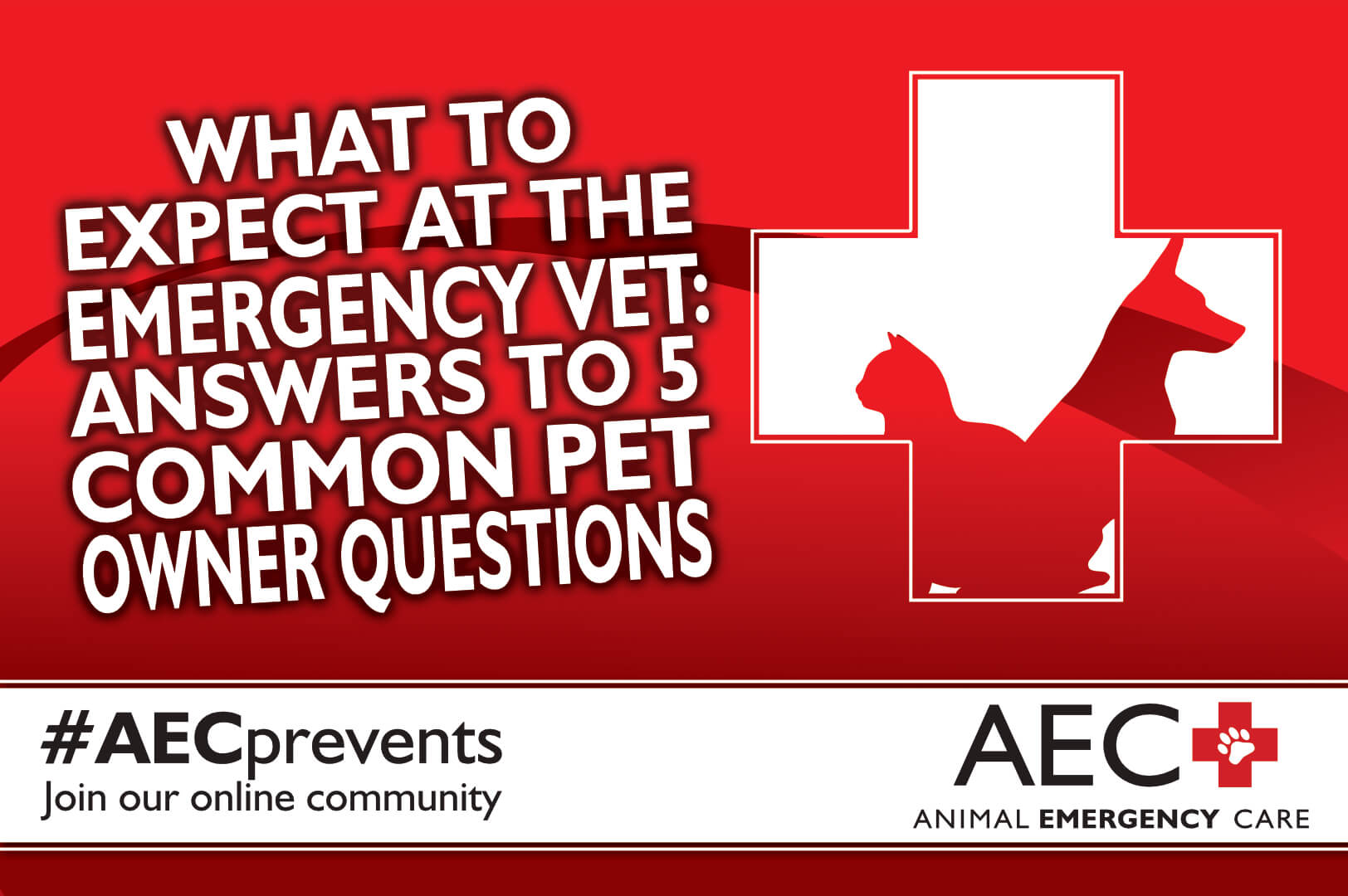An illness or accident can happen with your pet at any time, and it can be stressful and frightening to see them in pain. Your pet is family and making decisions can be challenging when their health is concerned. However, responding quickly and calmly to a pet emergency is your best insurance for a positive outcome. Pet emergencies such as being hit by a car or ingesting a toxin require immediate veterinary care, but most family veterinarians are not available during evening hours. Fortunately, our Animal Emergency Care team is available 365 days a year, 24 hours a day. We understand the stress pet owners face with an injured or sick pet, and we have answers to some common questions about what to expect if your pet requires a hospital vet to the emergency vet.
#1: Why do I have to fill out so much paperwork before my pet sees the emergency veterinarian?
A few minutes can feel like hours when your pet is experiencing an emergency, and it can be frustrating to take time to fill out required hospital forms. However, it is vital to provide information on your pet’s specifics such as their age, vaccine status, symptoms, and current medications, which helps ensure your pet does not receive any medications that could negatively react with their current treatments. It is also critical for the veterinary team to know if you would like your pet to be resuscitated if they should stop breathing or experience cardiac arrest. Fortunately, many of the required forms are available online which can save precious time when you arrive at the emergency veterinary hospital.
After the veterinarian has assessed your pet, a staff member will explain a treatment plan and cost estimate. As with human hospitals, veterinary emergency care can be expensive and clear communication is required to ensure pet owners want to go forward with the recommended treatment.
#2: Why does it take so long for my pet to be seen by the emergency veterinarian?
Pet emergencies can happen at any time, and often multiple pets are waiting to be examined when you arrive at the hospital. Additionally, many family veterinarians rely on emergency veterinarians to monitor and care for their critically sick patients after hours. Each pet who arrives at a veterinary emergency hospital is triaged by a member of the nursing staff to ensure the most critically sick or injured pets receive immediate treatment.
#3: What happens when my pet goes into the emergency treatment area?
Leaving your pet in the hands of a veterinary technician can be worrisome. Strange smells and people can be a lot for you and your pet to process when dealing with their emergency. The emergency trained staff will care for your pet in a compassionate and methodical manner to ensure they receive the treatment needed to address their illness or injury. Steps taken may include:
- Emergency resuscitation or oxygen therapy
- Placement of an intravenous (IV) catheter so that emergency medications or fluids can be quickly and easily administered
- Placement in a comfortable cage that is labeled with your pet’s name
- Diagnostic workups which may include a blood draw or X-rays
- Regular monitoring of your pet’s vital signs
- Administration of treatments such as IV antibiotics or pain medication
#4: Why does the veterinary technician or receptionist call me with updates instead of the emergency veterinarian?
Waiting for an update on the status of your pet can feel like an eternity. Each pet admitted into an emergency hospital will likely require several diagnostic tests to determine the best treatment plan. Diagnostics such as blood work can take time to run and interpret. Additionally, the veterinary technician staff monitors critical patients and runs diagnostic tests on all newly admitted pets. Each test and subsequent veterinary evaluation takes time. In most cases, a nurse or receptionist can reach out to you more quickly than the veterinarian who is responsible for continuously evaluating incoming emergencies as well as hospitalized patients.
#5: Why is emergency veterinary care more expensive than my family veterinarian?
It is not uncommon for pet owners to be concerned about the cost of their pet’s veterinary care, and emergency care is more expensive than taking your pet to your family veterinarian in most cases. Our Animal Emergency Care hospital is equipped with advanced diagnostic tools to address problems that cannot be treated by your family veterinarian. Our hospital never closes, and this requires ample staff to provide services. Fortunately, multiple payment options are available to ensure you can cover the cost of your pet’s emergency care. Before a pet emergency occurs, consider purchasing a pet insurance plan like Trupanion which has policies that can pay your veterinary clinic directly and eliminate the need to submit paperwork and wait for reimbursements. Other payment options include:
- CareCredit
- Scratch Pay
- Pet health savings accounts
- Short-term loans
The more you know the better prepared you will be the next time your pet needs emergency treatment. Animal Emergency Care is available day or night for all your pet’s accidents, illnesses, and injuries. #AECprevents


